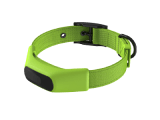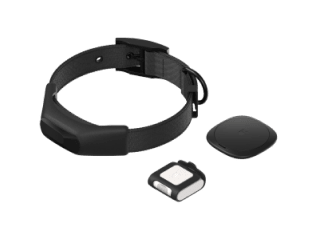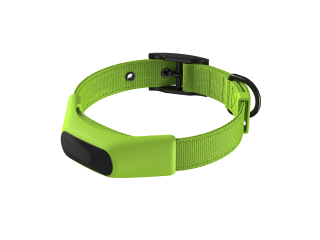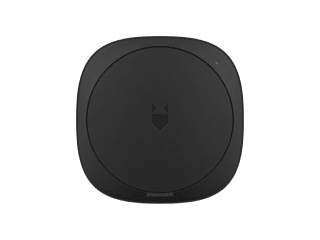Apple’s AirTags are a solid option for tracking your belongings. However, many people try using them to track their pets, and while it might be convenient, doing so poses significant risks. In this post, we’ll highlight why it’s concerning to see AirTags used for pet tracking.
Policy Violations
According to Apple’s privacy protection guidelines, AirTags aren’t designed or intended for tracking people or animals. While that isn’t strongly enforced, using AirTags for this purpose technically violates Apple’s terms of service. This alone should give pet owners pause, as relying on a device outside of its intended use can cause all kinds of unforeseen complications.
Limitations of AirTag Technology
The primary function of an AirTag is to help locate misplaced personal items. To accurately track location, AirTags rely heavily on Bluetooth technology and the presence of other iPhones. So, if your pet runs off in a remote area or somewhere without many iPhones around, an AirTag’s effectiveness diminishes drastically once outside of Bluetooth range.
Additionally, Bluetooth technology has inherent limitations when it comes to range and signal strength. Over long distances or in the presence of various obstacles (walls, buildings, people, etc.), an AirTag’s signal can become weak, leading to location accuracy issues. This is a dangerous single point of failure if your pet wanders too far or gets lost in a busy area.

The Superior Signal: Averia Collar
Unlike AirTags, Averia Collar uses a combination of Bluetooth, GPS, WiFi, and cellular technology. That way, when one signal falters, the others are there to provide a strong and lasting connection for accurate tracking.
Averia Collar also comes packed with features that make tracking all your pets intuitive, informative, and fun no matter where you go.
Ready to join the pack?
Averia Collar is available now! Grab yours in green, red, or black today.
Shop Averia Collar








